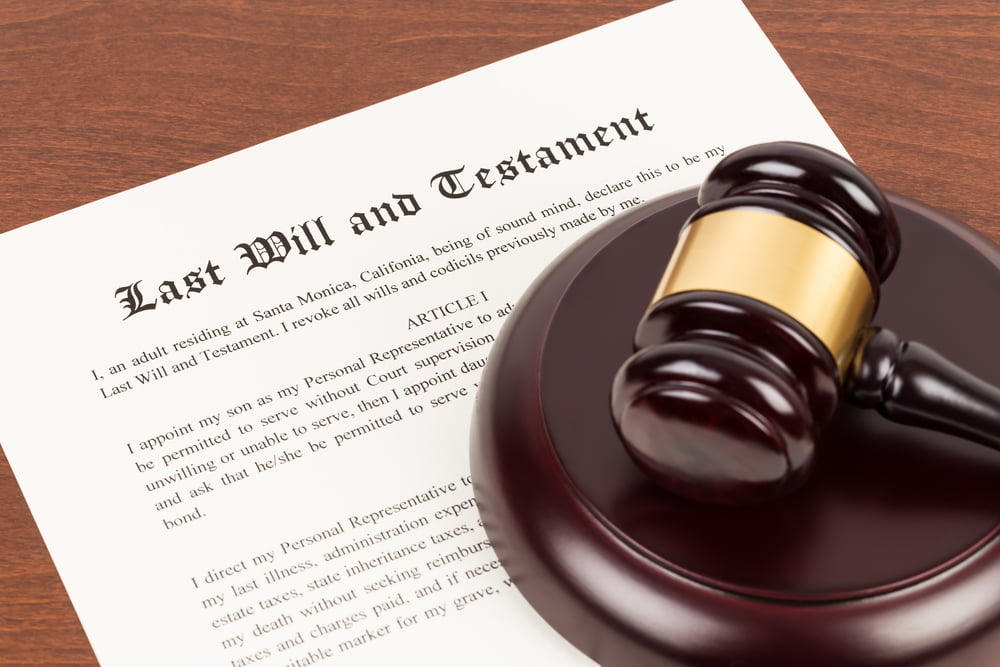Probate
Estate Administration

Simplify difficult decisions for your family.
Losing a loved one is a painful and difficult experience. Allow our caring associates at Nathan Ziegler & Associates to help you navigate the distribution of property, assets, and debts after the loss of a loved one.
Our Probate services offerings include:
- Last Will & Testament Navigation
- Estate & Asset Distribution

How Estate Administration is supported by Probate
Benefits
Ease the stress of difficult seasons with expert legal support navigating the process of asset distribution and assignment.
Navigate Difficult Legal Decisions
You don’t have to find answers to these difficult questions on your own.
Distribute Assets Fairly
Our team of specialized associates will help you understand the wishes of your loved one and appropriately allocate assets.
Address Estate Questions
Understand what debts may exist and how to resolve them without undue financial strain on your family.
Simplify Decisions
Eliminate stress for yourself and your family as you make decisions after the loss of a loved one.
How It Works
Peace of mind is closer than you think
These conversations can seem overwhelming and intimidating; we’re here to empower you with answers and options.
Request a Consultation
Meet with one of our quality and caring associates to ask questions, discuss your options, and plan for the future.
Get a Tailored Plan
Our associates will develop a plan specifically tailored to the needs of you and your family.
Rest Assured
Enjoy your second half of life with the peace of mind knowing your assets and the future of your family are taken care of.
Ready to plan and protect your future?
Request A ConsultationFrequently Asked Questions
Conversations surrounding Probate can seem intimidating. Let us answer your questions and provide you with peace of mind.
What is probate?
Probate is the legal process in which a Will is validated, debts are paid, and assets are distributed. It can also involve special procedures when a person dies without a formal Will. Learn more about probate.
Deepen your understanding of Probate with these articles in our content library
Related Articles
The Pros and Cons of Probate
In estate planning circles, the word "probate" often carries a negative connotation. Indeed, for many people-especially those with valuable accounts…

